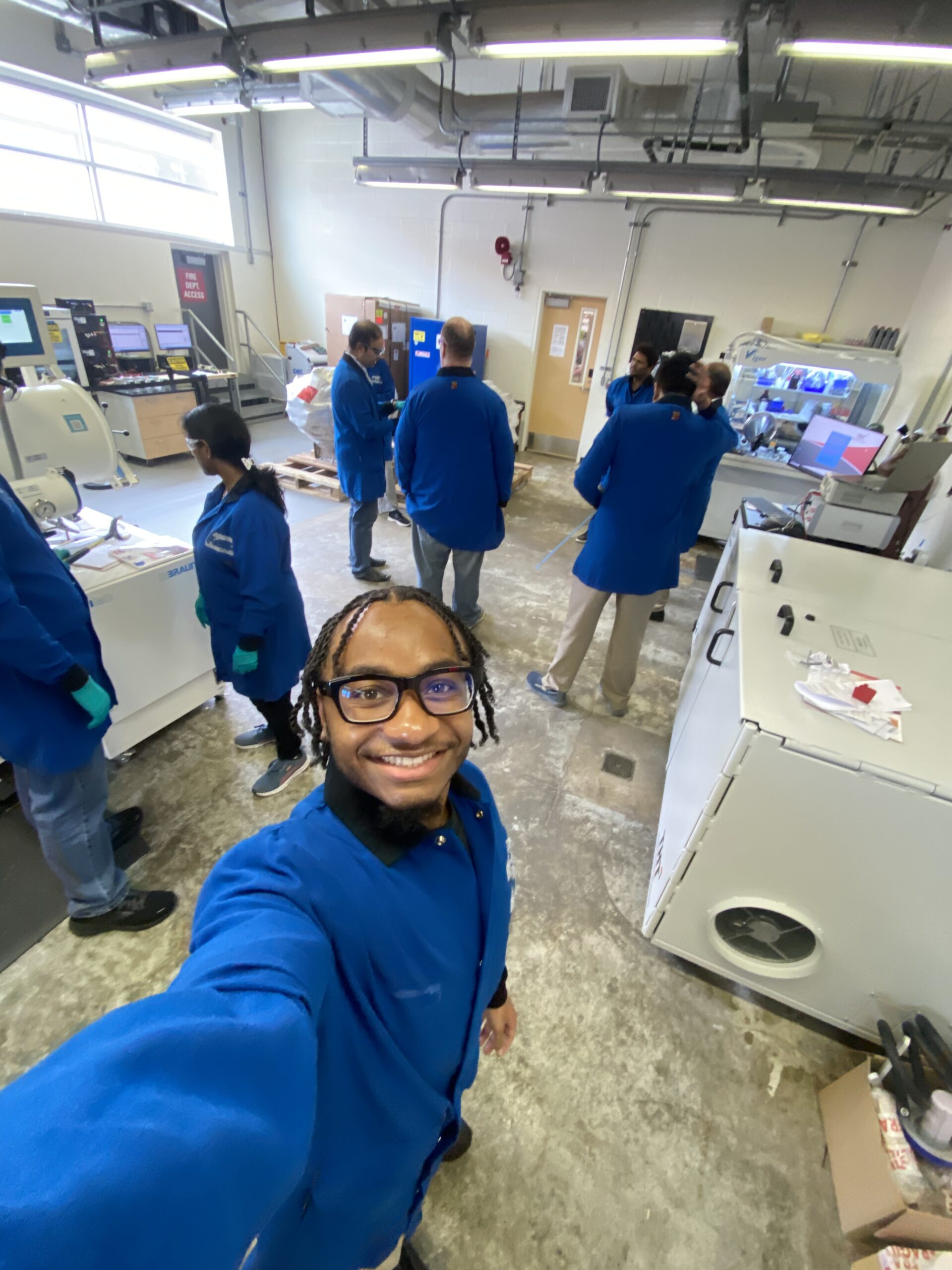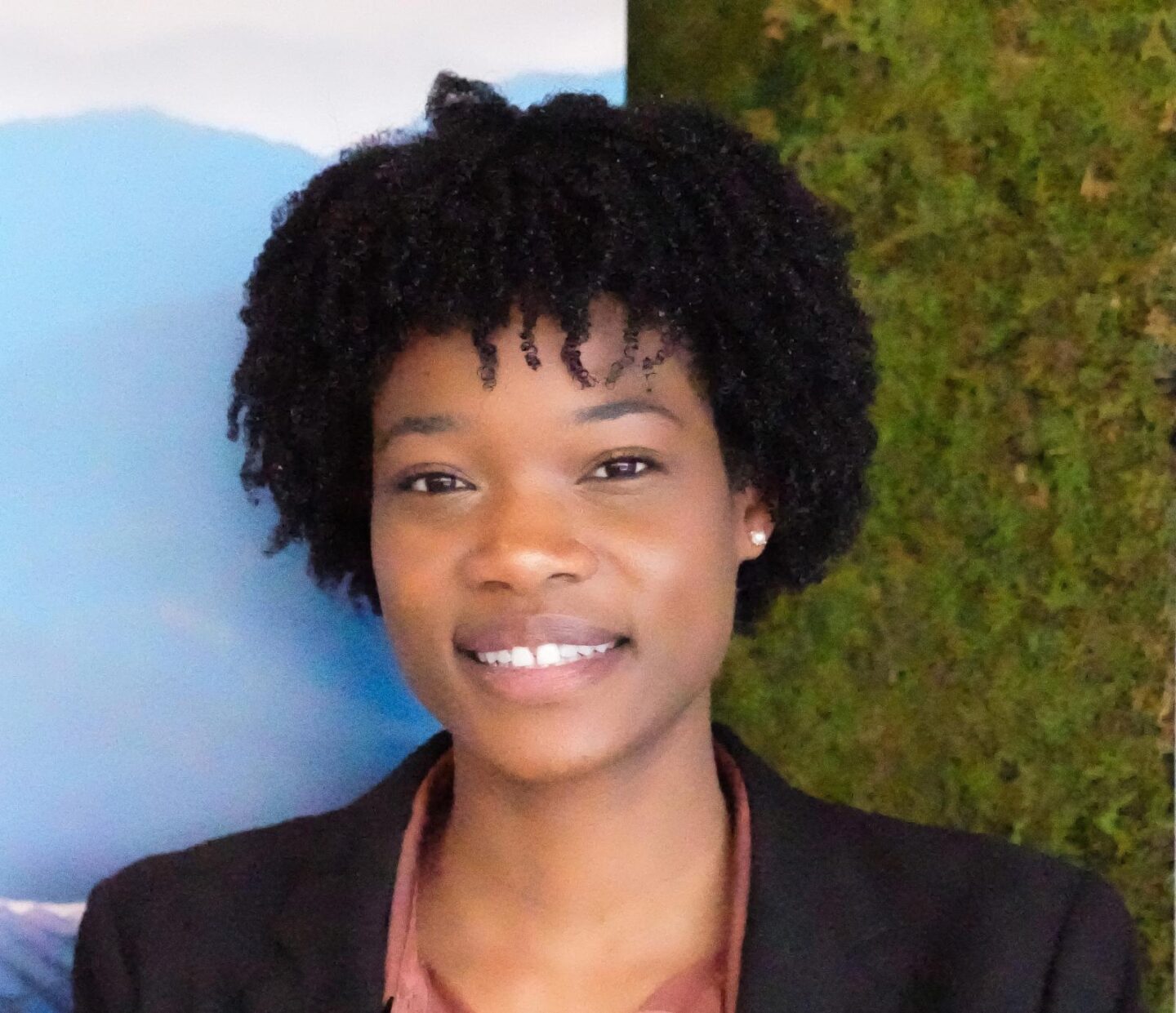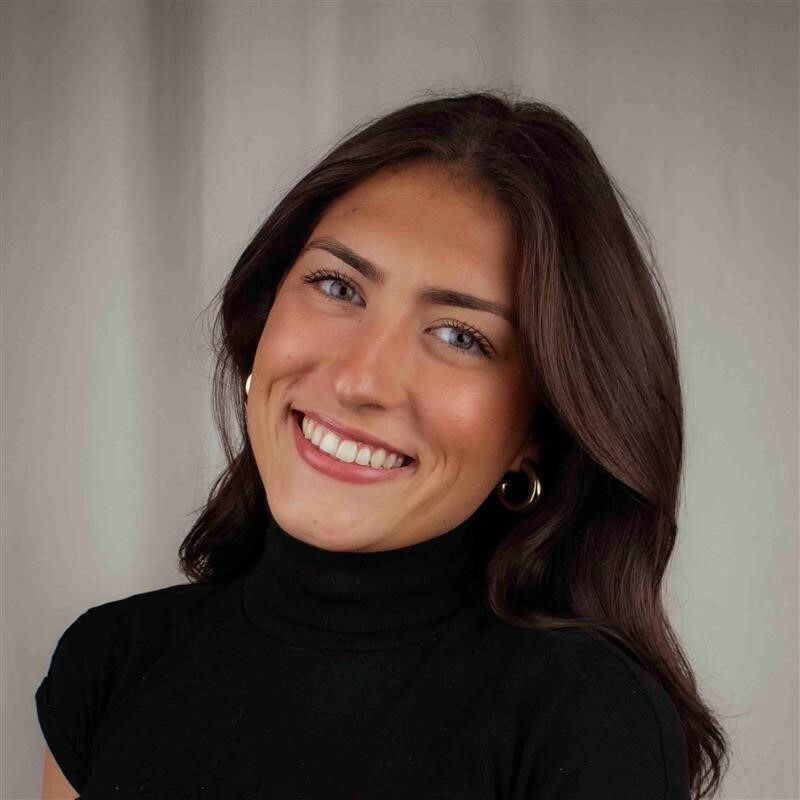
Safety Science Academies
Creating on-ramps into safety and sustainability science for high school to graduate students
The Institute for Research Experiences & Education’s work with postsecondary classrooms and communities focuses on access to opportunity by creating on-ramps into safety and sustainability science for students from high school to graduate school. When postsecondary students encounter the world of safety science for the first time as a high school student-intern, undergraduate engineer, or postdoctoral student, they’re uplifted and accompanied in their journey through our academies and pathways programs.
Our work across the higher education and career readiness continuum means students can explore the STEM opportunities available to them and feel supported and encouraged in those roles, no matter when their STEM journey begins — empowering them to persist in safety science careers.
Standards Academy
Our featured resource for colleges and universities, Standards Academy, was created in close collaboration with the standards experts at UL Standards & Engagement to support the next generation of early career professionals in understanding the value of safety standards to ensure a safer world.

58%
employers expecting new hires in engineering to have a knowledge of safety standards at the time of hire
Source: 2010 study by Harding and McPherson

15%
Standards professionals exposed to safety standards in college
Source: 2022 UL Standards & Engagement Next Generation Stakeholder Survey
While 58% of employers expected new hires in engineering to have a knowledge of safety standards at the time of hire, a ULSE survey reported only 15% of standards professionals were exposed to safety standards in college.
Standards Academy is designed for undergraduate students to learn more about what safety standards are, why they matter, and how standards are used to mitigate safety risks and hazards. Our postsecondary education team convened experts across standards development and engineering education industries to share their expertise and thought leadership as Standards Academy was created.
Through Standards Academy’s case studies, students will:
- Learn about safety standards and how to participate in the standards development process
- Grow their understanding of real-world hazards and risks addressed by safety standards through an interrupted case study approach
- Gain understanding of the standards development process, the role of UL Standards & Engagement’s technical committees, and see how consensus drives the outcome of a safety standard
- Have the opportunity to offer feedback to influence standards development
With this new knowledge of safety standards, students will be able to increase their efficacy of standards implementation in engineering design.
Standards Academy’s current case studies focus on the following themes:
- Sustainability
- Electrification
- Fire safety
- Mechanical safety
- Electrical safety
- Human and environmental health, and climate adaptation
GEM Fellowships at ULRI-ULSE
The National GEM Consortium aims to increase recruitment and retention of under-resourced students in master’s and doctoral level science and engineering programs.
The Institute for Research Experiences & Education leads ULRI and ULSE’s employer membership with the GEM Consortium and supports GEM Fellows working with teams across ULRI-ULSE. ULRI became a GEM Employer Member in 2021, hosting paid summer interns finishing their graduate programs starting in 2022.
ULRI and ULSE are committed to providing rich experiences for students in the research areas below:
- Chemical engineering
- Computer engineering
- Electrochemical engineering
- Electrical engineering
- Mechanical engineering
- Chemistry
- Computer science
- Data science
- Materials science
- Technology & innovation management
- Information management
- Operations
- Engineering education
- Other relevant degree areas

“I now have valuable experience with equipment that I would have never had access to. This 10-week internship has given me a year’s worth of experience.”
Britney Mack, 2024 GEM Fellow,
Materials Discovery Research Institute

“The Student Engagement Program was a once-in-a-lifetime experience. Being able to meet and make connections with people in all different fields is going to have an impact when I’m in the workplace.”
Ava Casaus, 2024 Graphic Design Intern,
Fire Safety Research Institute
Student Engagement Program
The Institute for Research Experiences & Education also leads rigorous and collective professional support for students who enter ULRI and ULSE as interns and fellows. By supporting career advancement and professional growth, we’re preparing and advocating for the next cohort of safety scientists.
Internships allow students to discover and explore different career paths, network, and gain confidence in the workplace. Our institute strives to help students gain access to those internships and fellowships, and creates awareness of STEM careers they may never have encountered in their coursework.
We developed and piloted the Student Engagement Program in 2023 to support and engage interns and fellows across ULRI and ULSE through professional development, mentorship, and connection building. In its 2023 pilot year, the Student Engagement Program supported 10 interns, increasing to 14 interns and fellows in 2024. And, in 2025, the program welcomed 28 interns and fellows, nearly tripling engagement since the launch of the program.
The program seeks to increase connection between the interns and fellows, and the larger ULRI-ULSE organizations as well as supporting relationship building, networking, and confidence in the workplace.
Interns and fellows also have the option to connect with a qualified, trained mentor in the organization, who provides them with career guidance and support throughout their 10-week internship or fellowship.
Internships at ULRI and ULSE are typically posted in December or January, hired in early spring, and usually begin in June. Recruitment for fellowships follow the GEM Consortium matching cycle which opens in July and typically ends in November.
Stay informed
Sign Up for Updates
Knowledge and awareness about potential hazards associated with scientific innovations help in minimizing risks and promote best practices that improve safety. Sign up to learn more about our initiatives, partnerships, upcoming events, and free resources.
By submitting this form, I am opting in to receive communications from UL Research Institutes (ULRI) containing news and updates about its work and initiatives. I understand that I can manage my preferences at any time and agree to ULRI’s online policies.
Partnerships
Everyone benefits when world-class institutions work together to take on big challenges. Join us.
Grants
We’re funding scientific research to make the world safer, healthier, and more sustainable. Learn about funding opportunities.
Careers
Work to make the world a safer place. Start a rewarding career at UL Research Institutes with other socially minded colleagues focused on innovation, collaboration, and ethics.